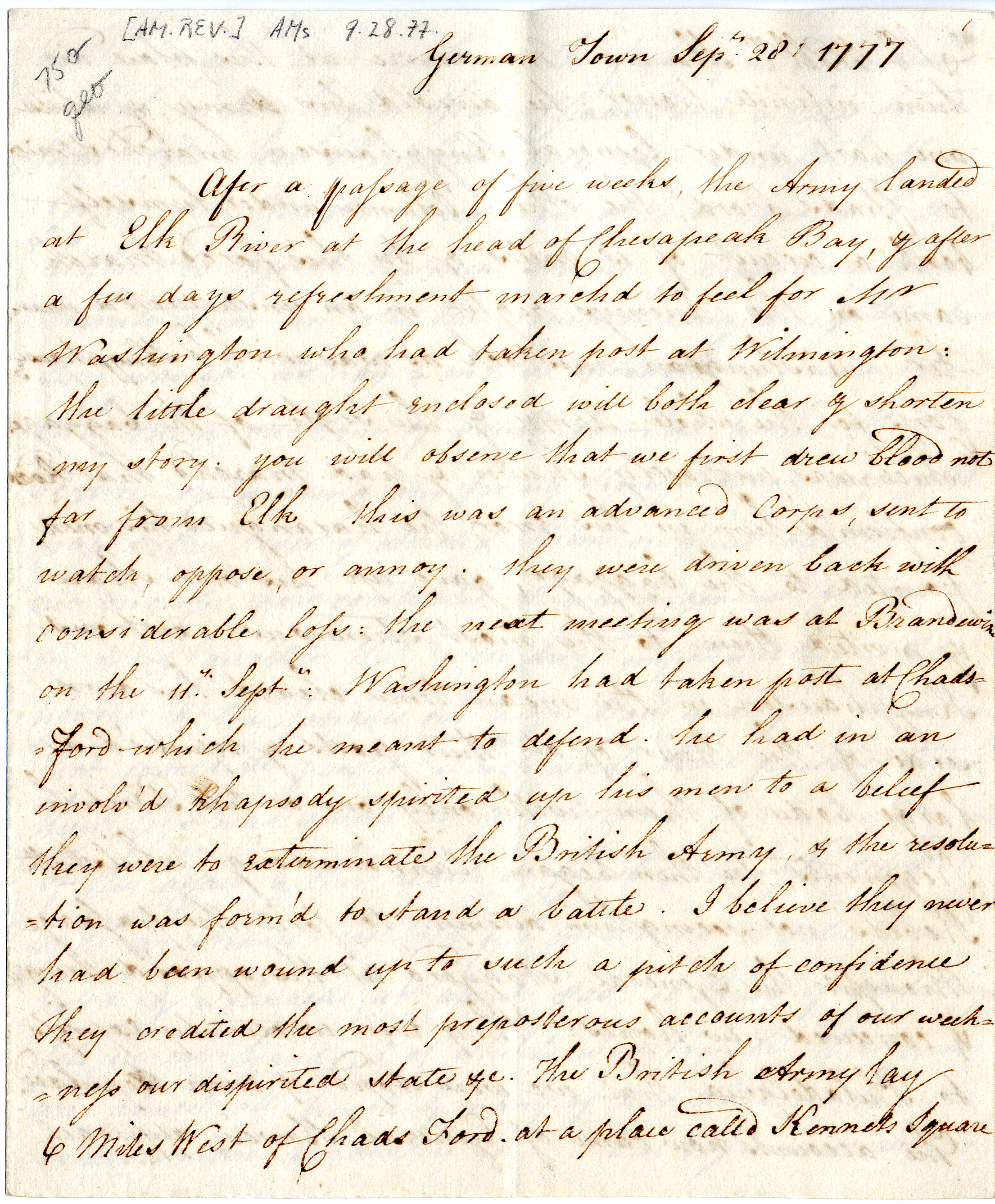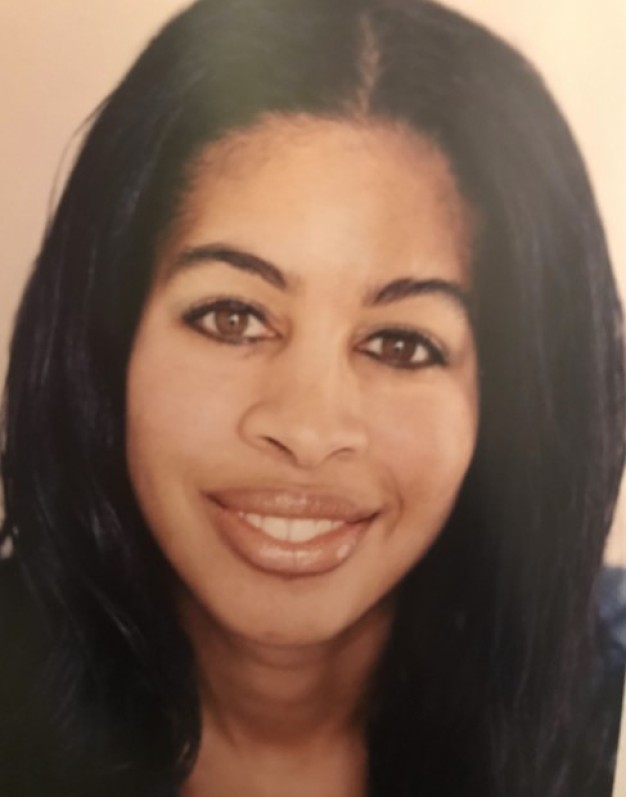Featured Fellow: Andrea Miles (2023-2024 David Center for the American Revolution Predoctoral Fellow)
The Library & Museum at the American Philosophical Society supports a diverse community of scholars working on a wide-range of projects in fields including early American history, history of science and technology, and Native American and Indigenous Studies, among others. Read on to learn more about some of our fellows and their research at the APS. Additional information about our fellowship programming and other funding opportunities can be found here.
My name is Andrea Miles, and I am a PhD candidate at the University of Louisville. My dissertation entitled, “Black Rebels: African American Revolutionaries From North Carolina During and After the War of Independence,” examines the factors that motivated free Blacks in North Carolina to join Continental forces in the Southern Campaign, who sought to preserve slavery, instead of British forces, who offered liberty to the slaves, during the American Revolution (1775-1783). Overall, my work examines the relationship between race and class in the colonial and Revolutionary periods. Based on my research to date, it appears that free Blacks in North Carolina made individual and localized choices specific to their distinct class status to expand their economic, political, and legal status to protect their families against North Carolina’s Revolutionary political pressure. Furthermore, my work examines the wartime experiences of Black soldiers and how they adjusted to the racial hostility and the encroachment on their rights in the post-war world.
My time as a David Center of the American Revolution long-term predoctoral fellow at the American Philosophical Society has been rewarding. Records from the Sol Feinstone Collection aided my project, especially regarding military operations, descriptions of battles, and soldiers’ wartime experiences. Several letters in that collection detailed battles throughout the South and Pennsylvania. I found valuable information on soldier’s pay, prisoners of war, and Loyalists. Other collections, like the Weedon Collection, provided valuable information about Valley Forge. The American Philosophical Society has vast collections that proved valuable resources for my project.
I also found Major John Andre's letter "Regarding the Battle of Germantown," helpful. In the letter, he described the Battle of Brandywine and the infantry tactics used by both the British and the Revolutionaries. I appreciated this source because Andre aimed to provide a "short and clear" battle description. This text is a valuable resource for historians specializing in 18th-century military history. Finding clear and concise battle descriptions in records from that era is often challenging. One particularly fascinating aspect is Major Andre's description of General George Washington's talent for inspiring and boosting the confidence of his troops before they went into battle. Major Andre remembered feeling more confident than ever before when heading into battle under Washington's leadership. Washington convinced his troops that they needed to eliminate the British. Andre provided specific information about the British army’s position in the battle, their strategy, and how they emerged victorious. According to Andre British, General Howe divided his troops; Howe's forces approached Washington’s right undetected. He also mentioned that while the American troops were successful against British General Wilhelm von Knyphausen's line, they were too exhausted from hours of battle to pursue them and secure a complete victory. The resources available at the APS about the Philadelphia Campaign of the American Revolution enhanced my dissertation.

Finally, everyone at APS has been helpful and supportive, and I have enjoyed learning about everyone else’s research through the Brown Bags and David Center Workshops. Living in Philadelphia for the year has been a great experience as well. There is a certain magic when you study the American Revolution in a city like Philadelphia!

